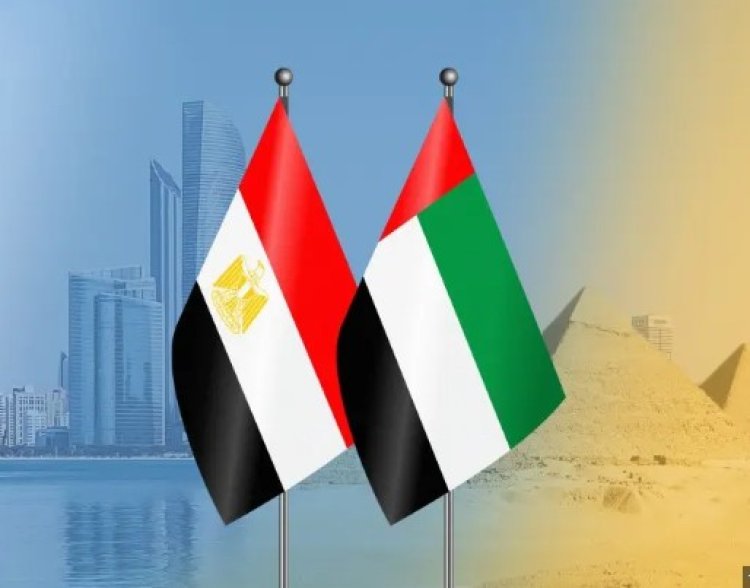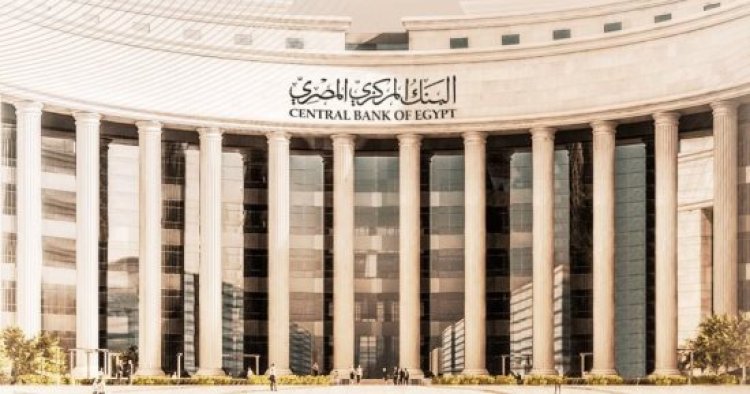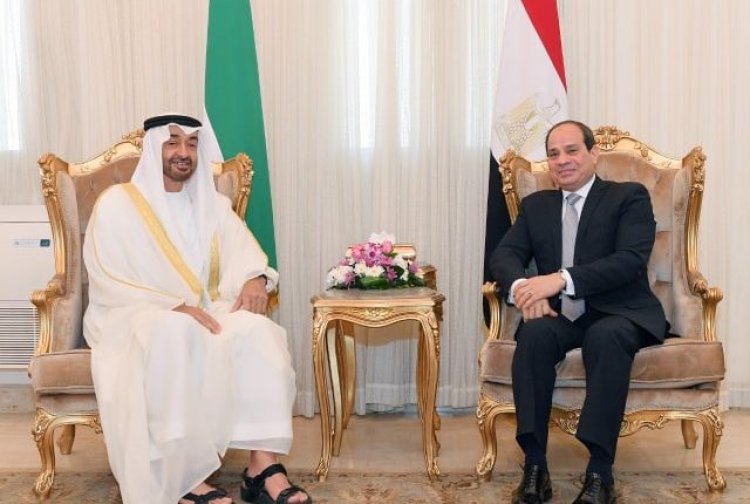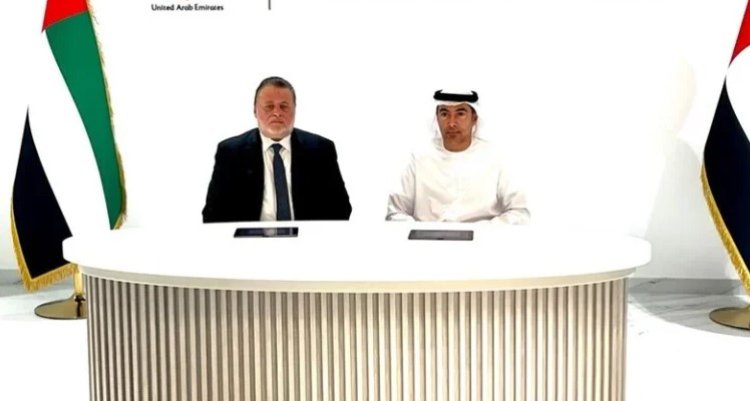Currency swap between Egypt and UAE reduces pressure on the dollar

The Central Bank of Egypt has begun its journey to strengthen dollar reserves before the end of 2024, during which it needs approximately $30 billion to pay external obligations.
The Central Bank of Egypt recently signed an agreement with the Central Bank of the Emirates to swap local currencies between the two countries, equivalent to 5 billion dirhams and about 24 billion pounds.
UAE is a strategic partner
According to data from the Central Agency for Public Mobilization and Statistics in Egypt, the value of trade exchange between Egypt and the UAE reached $4.9 billion during the year 2022.
Banking experts believe that “exchanging the Egyptian pound with the Emirati dirham will be within the limits of the volume of trade exchange between the two countries, as it will exempt them from using the dollar within the limits of the specified amount, which will reflect positively on the Egyptian economy and enhance cooperation with the Emirati market.”

Support financial cooperation
Egypt and the UAE joined the BRICS economic bloc, which facilitates the process of exchanging local currencies within the framework of trade cooperation between the bloc’s 11 countries.
According to the Governor of the Central Bank of the Emirates, Khaled Mohammed Balama Al-Tamimi, the currency swap agreement between the two countries reflects the depth and strength of bilateral relations, and constitutes an important opportunity to develop the economic and financial markets between the two sides.
This comes from the keenness of the wise leadership of the two brotherly countries to support bilateral relations in all fields, and to work in a way that achieves common interests, which reflects positively on the commercial, investment and financial sectors and enhances financial stability.

Reducing pressure on the dollar
The Governor of the Central Bank of Egypt, Hassan Abdullah, said that the local currency swap between the two countries comes within the framework of ongoing cooperation, in support of the bonds of cooperation, and is the cornerstone of supporting financial cooperation in the local currency.
Banking expert, Sahar El-Damaty, believes that this step helps stabilize the Egyptian exchange rate and reduces dependence on external borrowing.
She explained that the Central Bank seeks to reduce pressure on the dollar inside Egypt by concluding agreements that reduce the need for the dollar, expecting that many of these agreements will be concluded in the coming period between the BRICS countries and countries friendly to Egypt.

For his part, banking and economic expert, Dr. Ezz El-Din Hassanein, said that currency swaps will have a specific ceiling, if carried out within the framework of the BRICS countries, and the trade deficit is in favor of these countries because Egypt will begin importing with an estimated value of about $25 billion from the BRICS countries, and exporting. With a value approaching only $7 billion.
He explained that cooperation will constitute another aspect of pumping Arab investments into Egypt by reducing the burden on the dollar and helping the country overcome the crisis of unavailability of foreign currency and the instability of the exchange rate.


 Shrouq
Shrouq 












